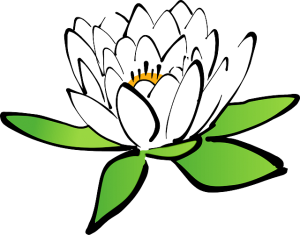The past couple of days and today especially, my thoughts have turned to the three poisons. They are a subject of daily inquiry as I reflect upon what is good and how to create more of it in society.
In Nichiren Buddhism, the three poisons are greed, anger and foolishness. In brief, greed is the desire for excess – more than one’s share, to the detriment of others. Anger is grounded in ego. It’s the distorted belief (and behavior) that one is better than others, and is often brought on by lack of self-confidence. Foolishness is ignorance of the true nature of oneself. It’s unawareness or disbelief in the potential for enlightenment.
 I believe all of what ails society can be traced to one or more of these poisons. Today’s session was on property and efficiency, and featured writings from Plato, Locke, Khaldūn and Bolívar. For various reasons, Bolívar’s Angostura Address was the most impactful for me. Two lines from his fiery speech:
I believe all of what ails society can be traced to one or more of these poisons. Today’s session was on property and efficiency, and featured writings from Plato, Locke, Khaldūn and Bolívar. For various reasons, Bolívar’s Angostura Address was the most impactful for me. Two lines from his fiery speech:
Hence, legislators, your task is all the more difficult in that you have to reform men perverted by the illusions of error and unhealthy desire. <and>…purify the corrupted aspects of our republic, denouncing ingratitude, selfishness, coldness of affection for the country, idleness and negligence on the part of citizens, and condemn the causes of corruption and pernicious examples...
In both cases I see the three poisons alluded to as corrupting influences. He seeks to provide an antidote through the reformation of government.
The seminar method of discussing these texts is an interesting one. Each of the participants pulls out very different things as inspiring, or problematic or food for thought. Our constant task is to make sense of what we’re reading and discern the lessons for leadership locked within.
Tomorrow we continue with a double session. More to come.
—
Read the next post in the Aspen Seminar series.


 Over the course of several years, I read all of the writings in volume 1 in chronological order. I thought it would be an interesting project to reread them in a new way, through a different lens. For instance, I know some people who have undertaken the study of all writings to Shijo Kingo, a samurai and physician, and arguably one of Nichiren’s greatest disciples.
Over the course of several years, I read all of the writings in volume 1 in chronological order. I thought it would be an interesting project to reread them in a new way, through a different lens. For instance, I know some people who have undertaken the study of all writings to Shijo Kingo, a samurai and physician, and arguably one of Nichiren’s greatest disciples.
